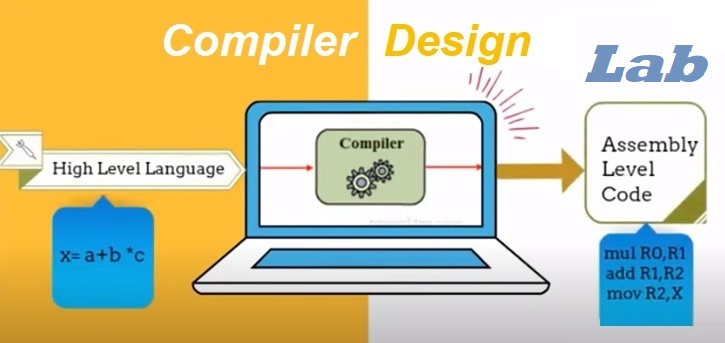
- Teacher: Sharun Akter Khushbu
There is no content in this section.
To add content, click on the above link ‘Edit course text’
The course deals with traffic issues in telecommunications. The purpose is to familiarize the participants with mathematical modelling of various telecommunication networks and their traffic, together with the performance analysis and dimensioning of such systems.
Drafting is a science and can be acquired only by long practice. In simple terms, drafting refers to the act of writing legal documents. The key feature of drafting is that it presents a brief knowledge about the significant facts of the situation or issue. Drafting demands a lot of skills combined with patience from the advocates. A properly drafted document aims at accuracy and truth. There are various units within the legal drafting course with the core basis on online lessons and discussions with tutors as well as reading and listening exercises. Throughout the legal drafting course, there will be written and verbal assignments to assess the depth of knowledge and understanding of the course. This will help students to expand their abilities and move to the next level within the legal drafting course.